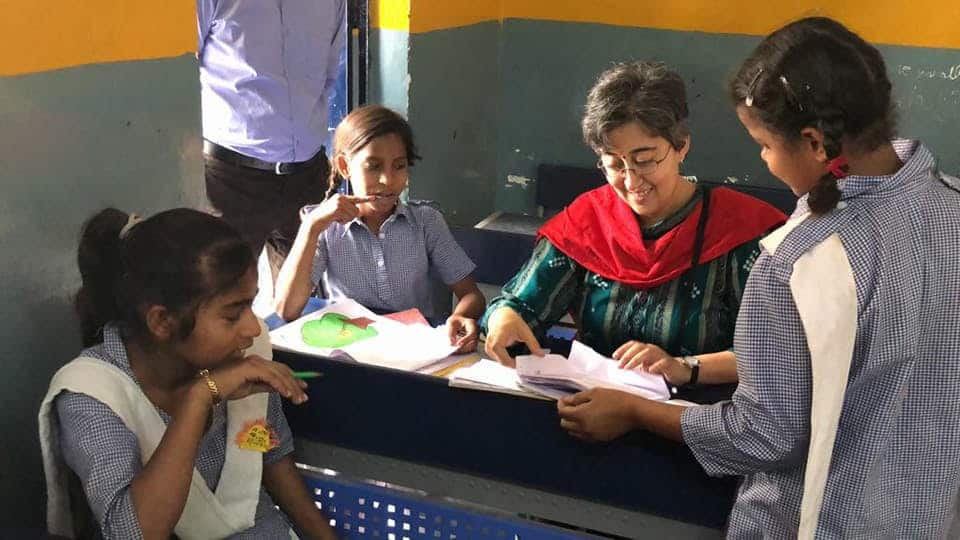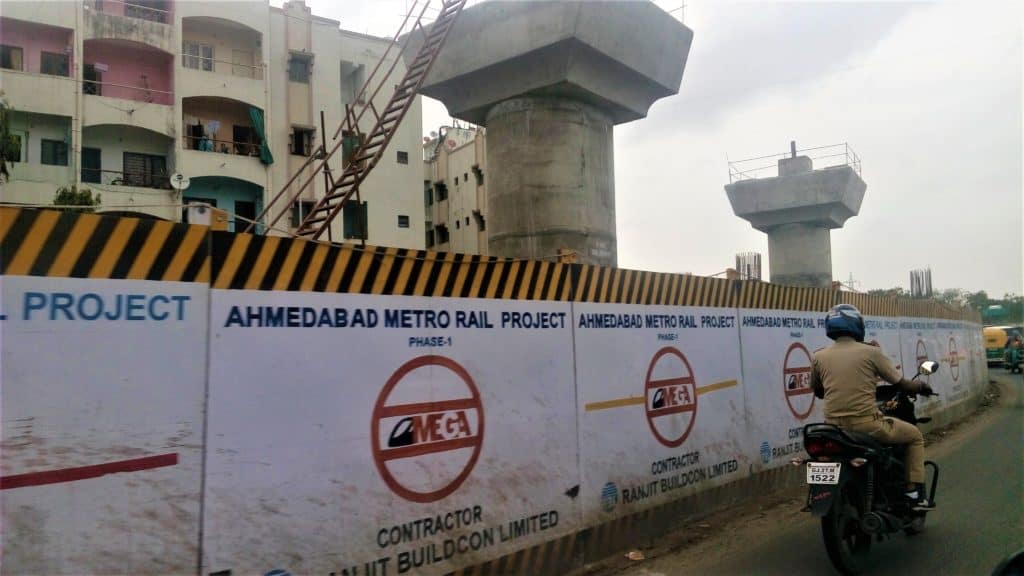PM and CMs might get vaccinated in second round
As per some media reports, PM and CMs might get vaccinated in the second round of the ongoing COVID-19 vaccination drive in the country. The first phase was launched on January 16th, giving priority to health and other frontline workers. Under the second phase, people above the age of 50 and with comorbidities will be part of the vaccination program.
So far, the response by states has been underwhelming. States like Punjab (28%) and Tamil Nadu (35%) recorded a low rate of coverage till 20th January. On the contrary, the states of Sikkim (86%) and Odisha (82%) have done well in vaccinating the frontline workers.
In another development, the government has accepted that the phenomena of ‘vaccine hesitancy’ is obstructing the smooth rollout of the drive. V K Paul, Member (Health), Niti Aayog has urged health workers to trust the process and get themselves vaccinated.
Source: NDTV | Livemint
Logistical and technical issues slow India’s COVID-19 vaccination drive
India’s massive COVID-19 vaccination drive has started on a shaky note. 100 vials of the Covishield vaccine, manufactured by SII, were found frozen in the vaccine storage unit of Silchar Medical College in Assam on 20th January. The government has issued a show-cause notice to the medical college and has also sent the samples to test the efficacy of the affected batch. The health department has not said that the batch will be wasted; rather, it will wait for the report on the efficacy of the same.
According to the guidelines of the SII, the vaccine needs to be kept at a temperature between 2 and 8 degrees Celsius.
In Mumbai, the municipality has reported technical glitches with the CoWin App. Co-WIN is the IT platform developed by the central government to implement and manage the vaccination drive across the country. Due to this, the urban local body was able to administer the vaccine to only 50% of the targeted number of healthcare workers on 19th January. As per the data provided by Brihanmumbai Municipal Corporation (BMC), out of the total 3200 healthcare workers, only 1597 were vaccinated.
Source: NDTV
Most Indians interested in taking the COVID-19 vaccine shot, says survey
As per a recent YouGov-Mint-CPR Millennial Survey, 44% respondents said that they are ready to take the COVID-19 vaccine shot immediately, whereas 50% have said that they would like to wait to check the effectiveness of the vaccine available. 20% respondents said that they will not take any vaccine, even when the information and all the required data is available. The surveyors said that this number is way lower than in countries such as the US, where roughly 20% have said that they will not take a vaccine shot.
The survey also revealed several other insights into the COVID-19 vaccination drive. For instance, 42% of people in the age group of 18-29 responded saying they would go for immediate vaccination while 50% said that they will wait for some kind of data to ensure the efficacy of the vaccine. In the age group of 30-39, 48% agreed for immediate vaccination while 47% preferred to wait. Finally, among people who are 40 plus, 42% agreed for immediate vaccination while 52% preferred to wait.
Source: Livemint
Gurugram police to take strict action against those driving on the wrong side
Gurugram police might plan to permanently revoke the driving licence for those found to be driving on the wrong side of the road. Police authorities have identified wrong side driving as a major problem in the city. In 2019, the traffic police had booked 49,671 people for driving on the wrong side. As per a recent decision taken by the traffic police department, if any accident happens due to wrong side driving, then the accused will be charged under Section 304 (2) of Indian Penal Code and will be given a minimum of 10 years’ punishment.
Source: Times Now
Delhi schools top in Niti Aayog’s NAS report
As per the recently released India Innovation Index 2020 by Niti Aayog, Delhi has achieved the highest national achievement survey (NAS) score of 44.73. Niti Aayog acknowledged and appreciated the transformation of public schools done by the incumbent AAP government, resulting in a high NAS score. The average NAS score was 35.66, showing that states fared well.
As per the index, improving the public education system can enhance the ranking of the state drastically.
Source: Business Today
Fire breaks out at SII campus in Pune, five dead
One of the under-construction sites at Serum Institute of India’s Manjri Plant caught fire on 21st January. Serum Institute of India’s (SII) CEO, Adar Poonawala immediately informed all about the unfateful incident and assured that it will have no effect on COVID-19 vaccine production. SII has reserved several buildings keeping in mind contingencies that may arise, like this one. The incident occured in the new building in the special economic zone in the Manjri region. The Manjri plant is 3 km from the institute’s main plant at Hadapsar where Covishield is being manufactured.
The institute reported that five people have been found to be dead and a compensation of Rs 25 lakh will be provided to the each of the victim’s families.
Source: The Indian Express
Second phase of Ahmedabad and Surat metro project inaugurated
On 18th January, PM Narendra Modi inaugurated the second phase of the Ahmedabad and Surat Metro Rail projects at Mahatma Mandir in Gandhinagar. In this phase, a 28-km railway network will be developed connecting the capital city Gandhinagar to Ahmedabad. The work is expected to be completed by 2024. The Metro Project is aimed at boosting the connectivity between the two major business hubs in the state — Surat and Ahmedabad.
Ahmedabad Rail Project’s total length in phase one is 40 km. However, only a 6.5 km stretch is functional now. According to officials, the rest of it will be completed by August 2022, coinciding with the 75th year of India’s independence.
Source: The Times of India
120 institutes to measure the performance of cities under NCAP
120 institutes including different Indian Institutes of Technology (IITs), National Institutes of Technology (NITs), Indian Institutes of Science (IIScs) and labs of the Council of Scientific and Industrial Research (CSIR) have been identified as institutes of repute to help in measuring the performance of cities under the National Clean Air Programme (NCAP).
Under NCAP, launched by the Ministry of Environment, Forest and Climate Change (MoEF&CC), 122 highly polluted cities have to submit an action plan to reduce air pollution by 20 percent by 2024. The national target under NCAP is to reduce particulate matter (PM) 2.5 and 10 by 20% – 30%, both at rural and urban levels by 2024.
These 120 institutes will form a National Knowledge Network (NKN). According to Sachchida Nand Tripathi, National Coordinator, NKN and Professor at IIT-Kanpur, the NKN will also act as an advisory expert group to the Central Pollution Control Board (CPCB). It will also have three independent experts along with nominated officers from CPCB and MoEF.
Source: Hindustan Times
Compiled by Rishabh Shrivastava

